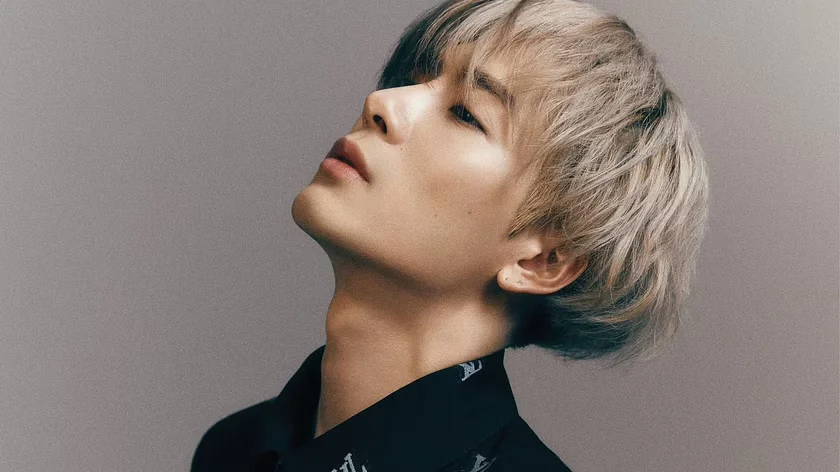Fans of K-pop soloist Jack Wang have expressed their concerns and disappointment regarding recent interactions that have taken place at his concerts. These incidents have ignited a broader discussion on the boundaries between fans and artists, raising questions about what is appropriate behavior.
Jack Wang, the rapper, is currently in the midst of his Magic Man world tour, which has taken him to various cities across the globe. During this leg of the tour, he made a special stop in Brazil, where he invited a renowned musician and DJ, Alok, to join him on stage.
As part of his show, Wang chooses to bring fans on stage for two of his songs, serenading them in front of the audience. A similar interaction took place during the concert in Brazil, but things took an uncomfortable turn when a fan became overly touchy during his performance of “I Love You 3000.”
Footage from the concert captured the fan reaching for Wang’s face, which he brushed off, and even touching his inner thigh. Wang reacted by laughing it off and redirected the interaction by playfully pulling her legs over him instead. While some spectators found the moment cute or endearing, others raised concerns about the fan crossing boundaries and the artist having to tolerate inappropriate gestures.
The incident has sparked a broader debate about the boundaries between fans and artists, particularly during live performances. While fans can choose to decline the opportunity to go on stage, artists like Jack Wang may find themselves in uncomfortable situations, unable to refuse or control the actions of fans once they are on stage. This discussion highlights the importance of consent, respect, and establishing clear guidelines to ensure the comfort and well-being of both artists and fans.
The recent interactions at Jack Wang’s concerts have prompted a meaningful dialogue regarding appropriate boundaries between fans and artists. While some fans may view on-stage intimacy as a positive and cherished experience, it is crucial to consider the comfort and consent of the artists involved. This incident serves as a reminder of the need for mutual respect and open discussions about appropriate conduct in fan-artist interactions.




